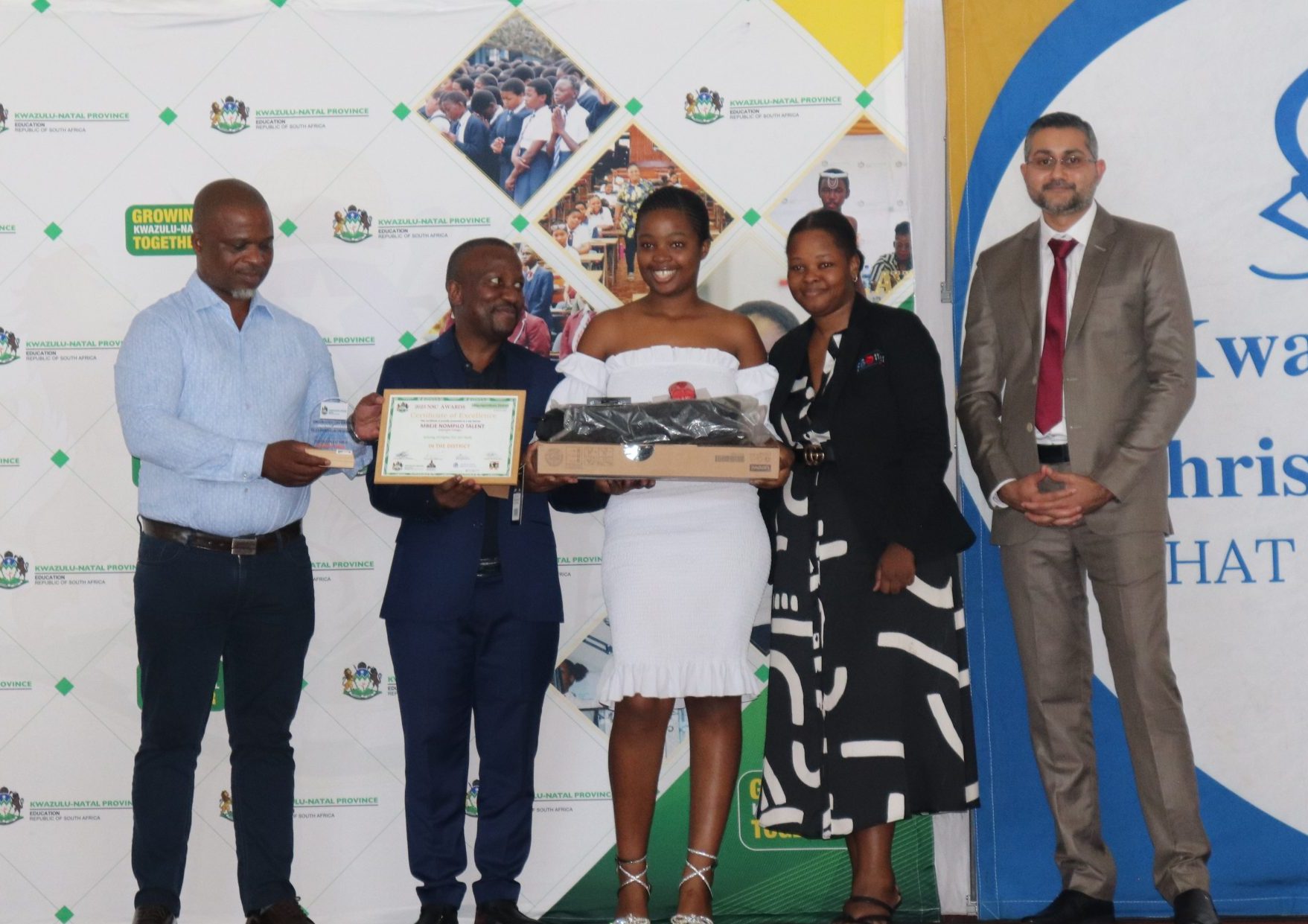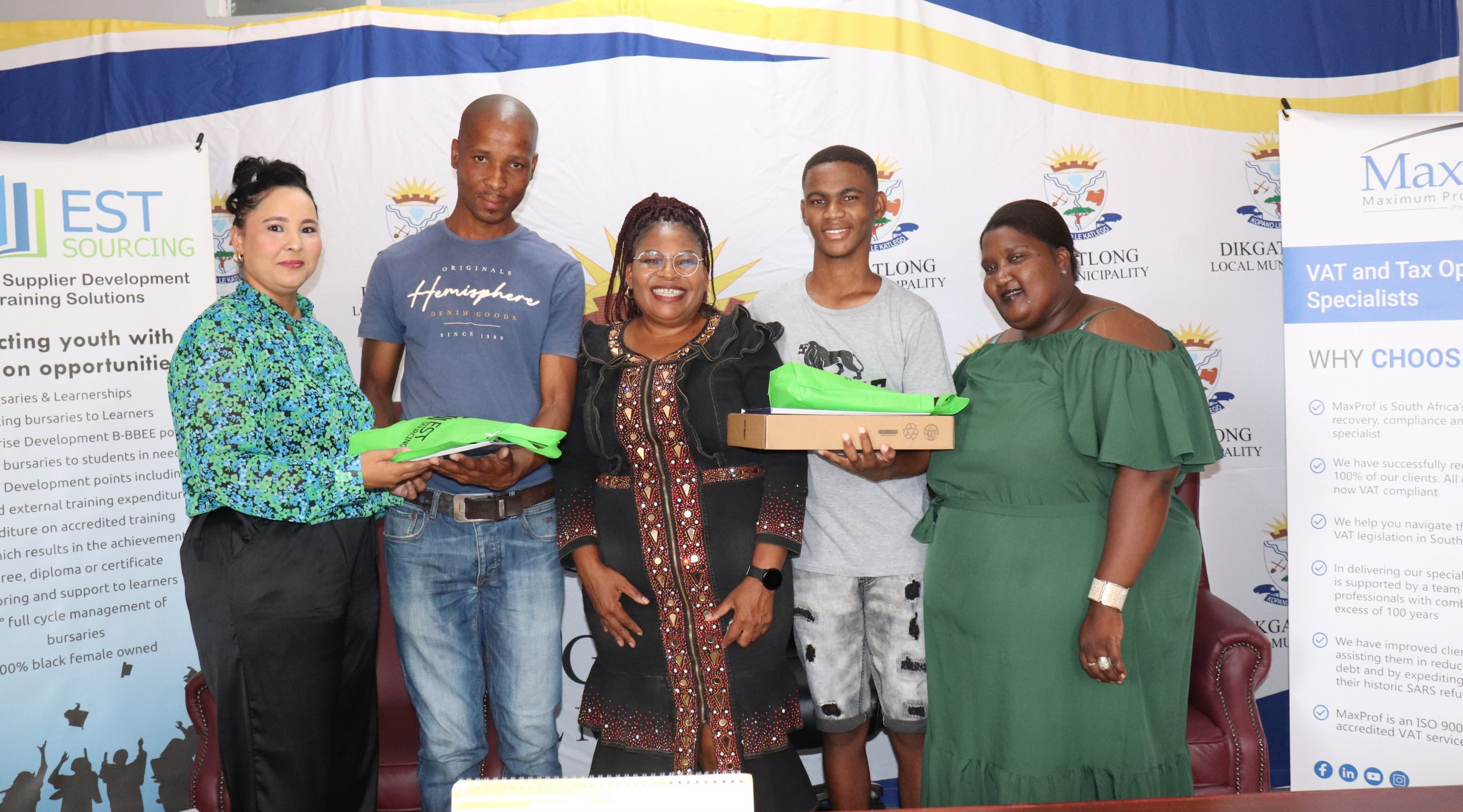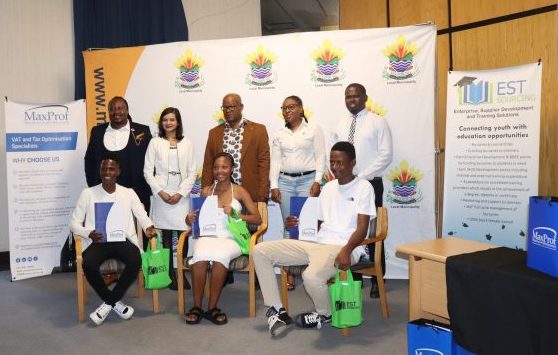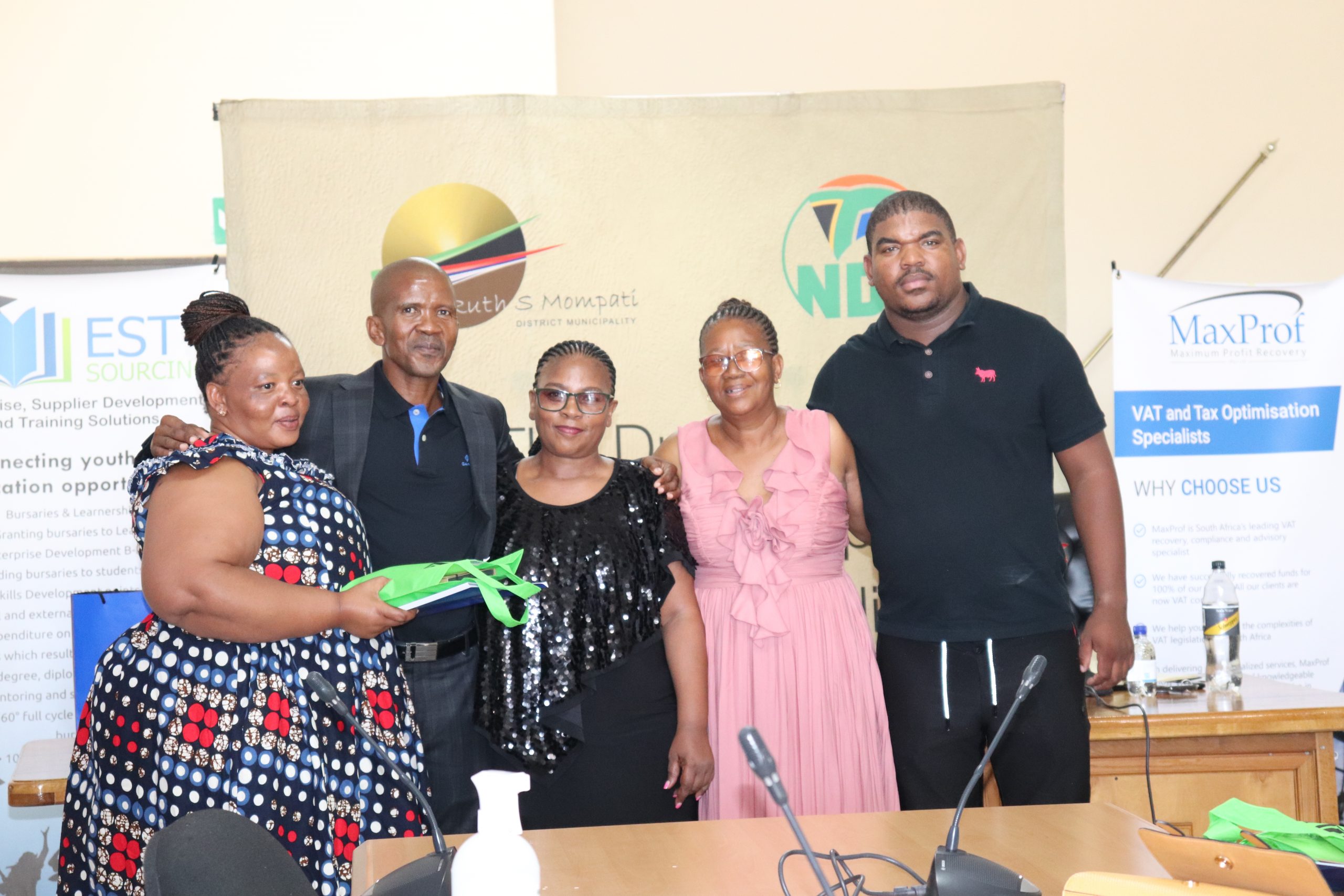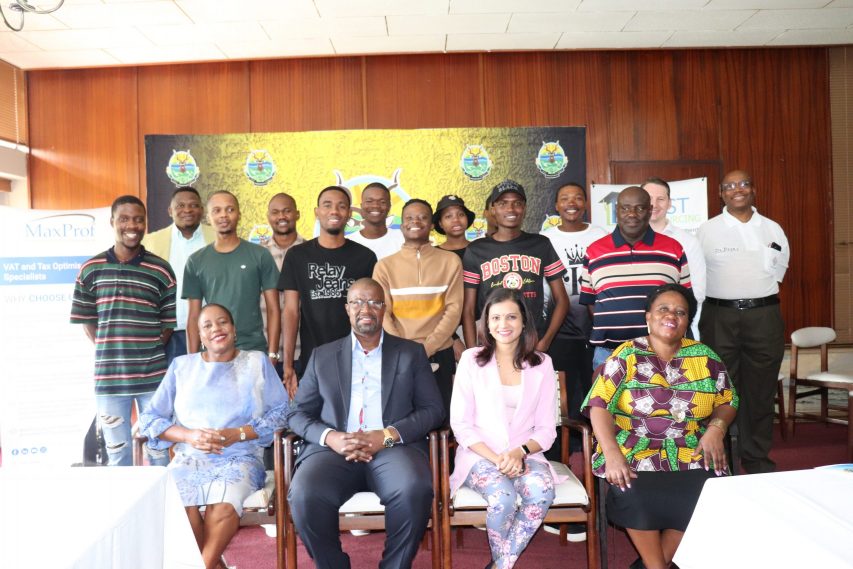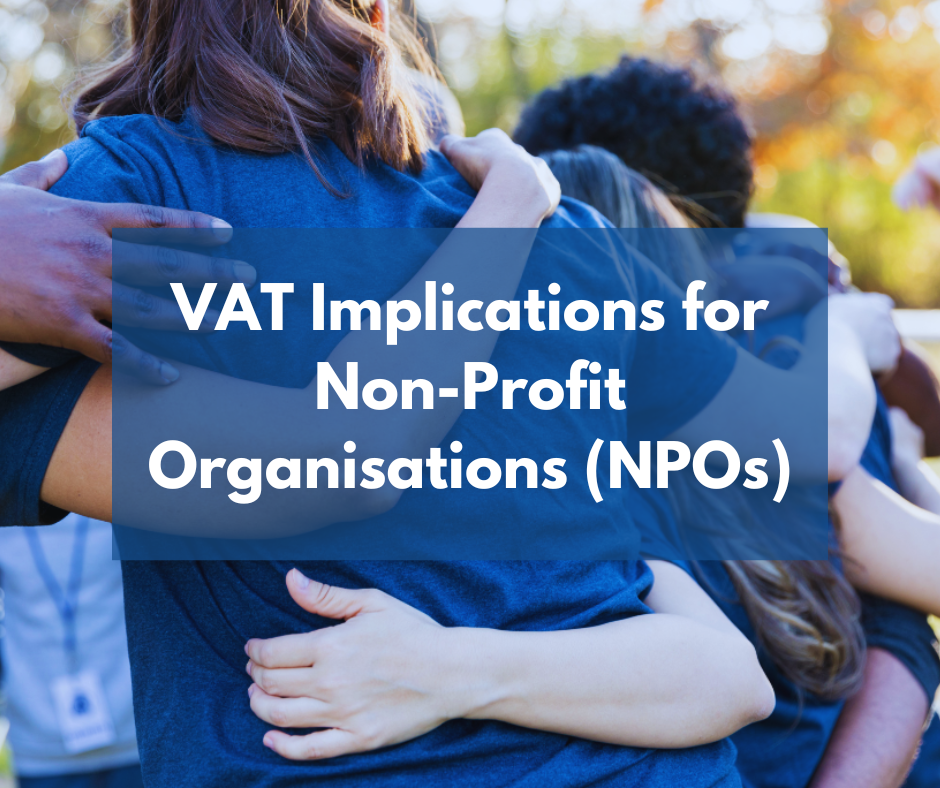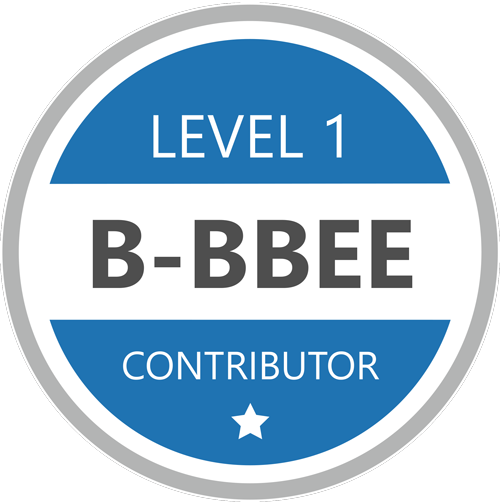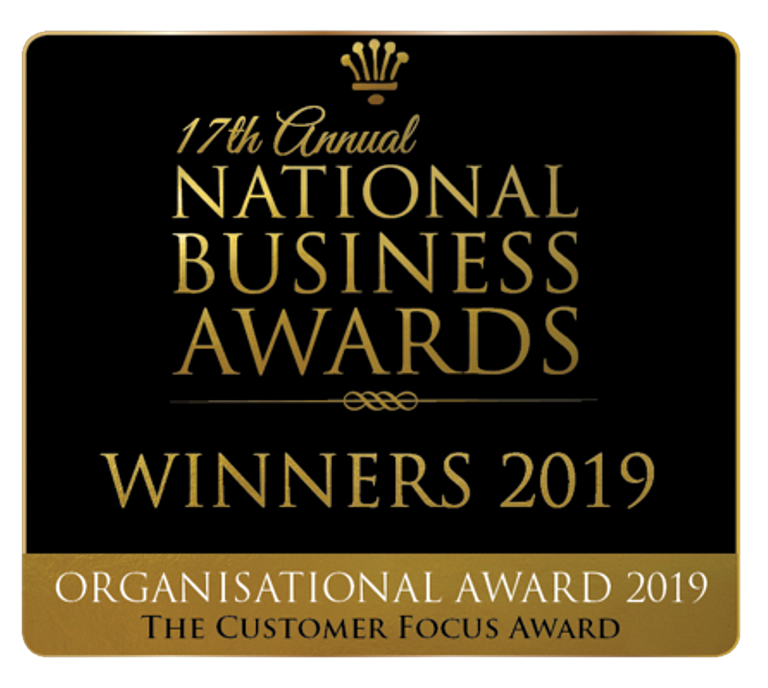South Africa, a water-scarce country, faces mounting challenges in ensuring access to clean water and sanitation.
South African Water Boards find themselves at the intersection of multiple financial challenges. Poor governance, corruption, and a lack of skilled professionals in key positions have plagued these institutions for an extended period. These issues have left

Authored by Werner Voigt, MaxProf HOD of Operations
some Water Boards in dire need of government intervention to provide essential services, pay suppliers and staff, and maintain critical infrastructure. The COVID-19 pandemic has only worsened their financial woes, raising concerns about their viability.
When Proclamation No. R.14 in Government Gazette 27427 of 1 April 2005 was instituted, it proved to have ruinous consequences for Water Boards, as the subsequent amendments to the Value-Added Tax Act No. 89 of 1991 (the VAT Act), have contributed to Water Boards’ grim financial positions.
Mr. S. Mchunu, the incumbent Minister of Water and Sanitation, assumed office in August 2021 and promptly launched a series of collaborative sessions with provincial governments, water services authorities, and Water Boards. The focus of these sessions was to address matters related to governance, financial sustainability, accountability, and the broader spectrum of service delivery. Subsequently, on July 26, 2022, in adherence to section 28 of the Water Services Act of 1997, Mr. Mchunu oversaw the dissolution of Sedibeng Water. Its functions were seamlessly integrated into Bloem Water and Magalies Water. This strategic disestablishment decision stemmed from Mr. Mchunu’s comprehensive evaluation of Water Boards to optimise their performance and enhance the efficient delivery of water to municipalities, and ultimately, to households.
Even with the above intervention, the government’s response to the financial challenges faced by the Water Board from 1 April 2005 is still deemed to be inadequate in most circles, with a lack of decisive legislative measures to address their financial viability. It is against this backdrop that we present solutions to assist Water Boards’ cash flow.
Firstly, the current Value-Added Tax (VAT) legislation still stipulates that if you operate on the invoice basis and meet the requirements outlined in section 15(2)(a) and (b) of the Value-Added Tax Act No. 89 of 1991, you have the option to request a change in VAT accounting method to the payment’s basis. This request should be made in writing to the Commissioner of the South African Revenue Service (SARS).
The following are the necessary circumstances and documents for this conversion:
- Rectification of all input and output-related misstatements.
- Identification of the registered public officer.
- The execution of a power of attorney in favour of MaxProf, which should be signed by the registered public officer and two witnesses.
- Submission of a VAT117 form duly signed by the registered public officer.
The procedure with SARS involves the following steps:
- Submit the completed VAT117 form along with all relevant supporting documents to SARS.
- The Commissioner will acknowledge receipt and provide further guidance on the conversion process.
- During this transition, vendors must continue charging VAT on an invoice basis until the conversion process is concluded.
- The time it takes to complete this process may vary and is not defined by a specific turnaround time.
- Upon approval by SARS, a calculation based on section 15(6) paragraphs a and b of the VAT Act 89 of 1991 is required.
It is worth noting that section 15(2A) of the VAT Act, introduced an amendment stating that any vendor, except for public authorities or municipalities, who accounts for tax payable on the payments basis as per subsection (2), should account for tax payable on the invoice basis for any supply made on or after June 5, 1997, involving goods (excluding fixed property) or services with a consideration in money equal to or exceeding R100,000. This change implies that, for Water Boards, if they were accounting for VAT on a payment basis, any invoice exceeding R100,000 in consideration must be accounted for on the invoice basis. Typically, Water Boards send out invoices well over one million rands, which means output tax on revenue from which the entity has not financially benefited must be disclosed, reported, and remitted to SARS, potentially leading to negative cash flow.
Secondly, before April 1, 2005, transfer payments (Grants) between Public Authorities and Local Authorities, as defined in section 1 of the Value-Added Tax Act No. 89 of 1991, were regarded as taxable at a zero rate.
However, after April 1, 2005, there were significant changes in the legal definitions. The term “Local Authority” was replaced with “Municipality” and “Designated Entity” in section 1 of the Value-Added Tax Act No. 89 of 1991. Additionally, the definition of a “public authority” underwent an amendment to encompass all government departments listed in Schedules 1, 2, and 3 of the Public Service Act (PSA), along with the public entities listed in Schedules 3A and 3C of the Public Finance Management Act (PFMA). Notably, this definition excludes constitutional institutions and business-oriented public entities listed in Schedules 1, 2, 3B, and 3D of the PFMA.
The modification of the deeming provision in section 8(5) resulted in it now applying exclusively to designated entities. Consequently, any payment, such as an institutional subsidy disbursed by a public authority to support a designated entity in carrying out its commercial activities, became subject to VAT at the standard rate, effective from April 1, 2005 (South African Revenue Service, 2017).
In practical terms, this implies that if a Water Board were to receive a grant from the Department of Water and Sanitation for vital infrastructure projects, 15% of the consideration would need to be remitted to SARS. Consequently, there would be 15% less funding available for crucial infrastructure development and repairs.
We recommend that the Government needs to remove Water Boards from the definition of a “public authority” and define them as a “municipality”. This will exclude them from the R100 000 limitation of section 15(2A) so that they can use the full benefit of an accounting basis conversion from the invoice basis to the payment basis based on the guidelines from section 15 (6) of the VAT Act. That subsequently excludes Water Boards from the deeming provision in section 8(5) so that VAT will be levied at a zero rate on transfer payments between a public authority and a designated entity.
The initial reason for the amendment of section 8(5) of the VAT Act was to ensure that entities in which the government has an interest do not have an unfair competitive advantage over other vendors participating in the market for the same or similar goods or services. However, the government is the sole water supplier, and some Water Boards provide retail water and sanitation services on behalf of municipalities.
In conclusion, the article revealed that the recommendations will aid most South African Water Boards by giving them a cash injection when transitioning from accrual to payments base. South African Water Boards will also receive 15% more capital funding to build or service critical infrastructure when transfer payments from the Department of Water and Sanitation are classified as zero-rated instead of the standard rate.



